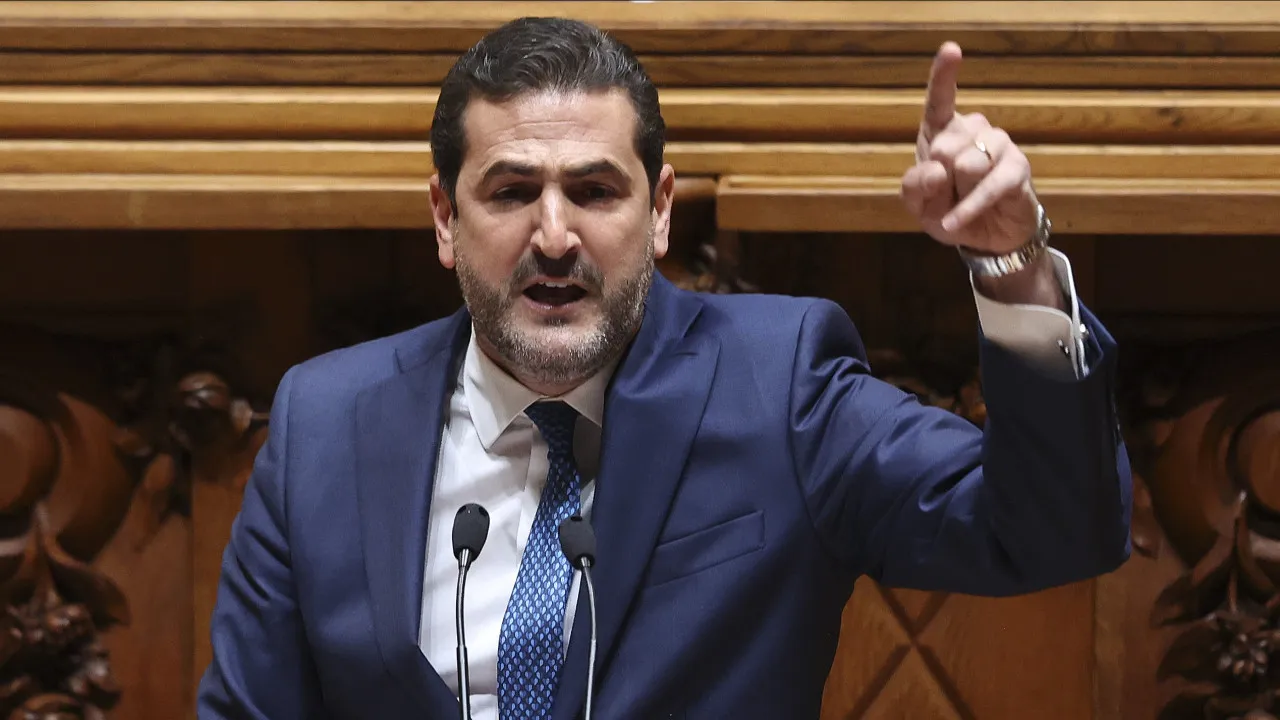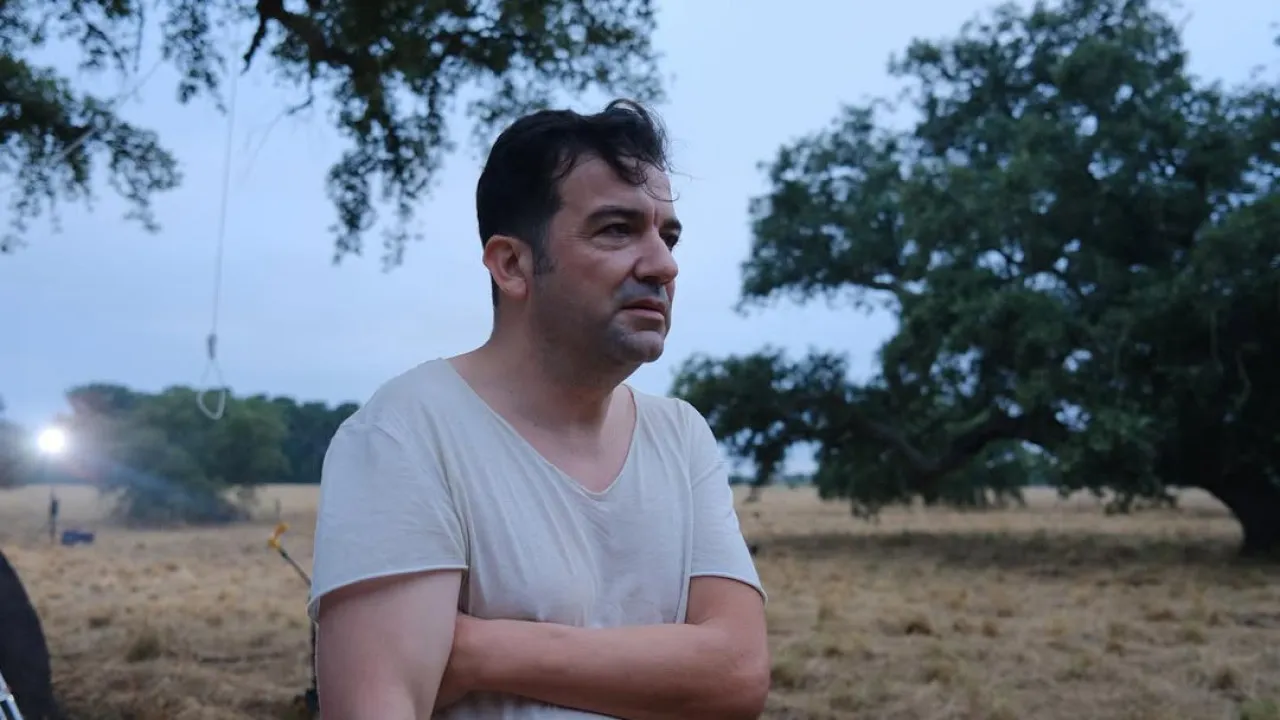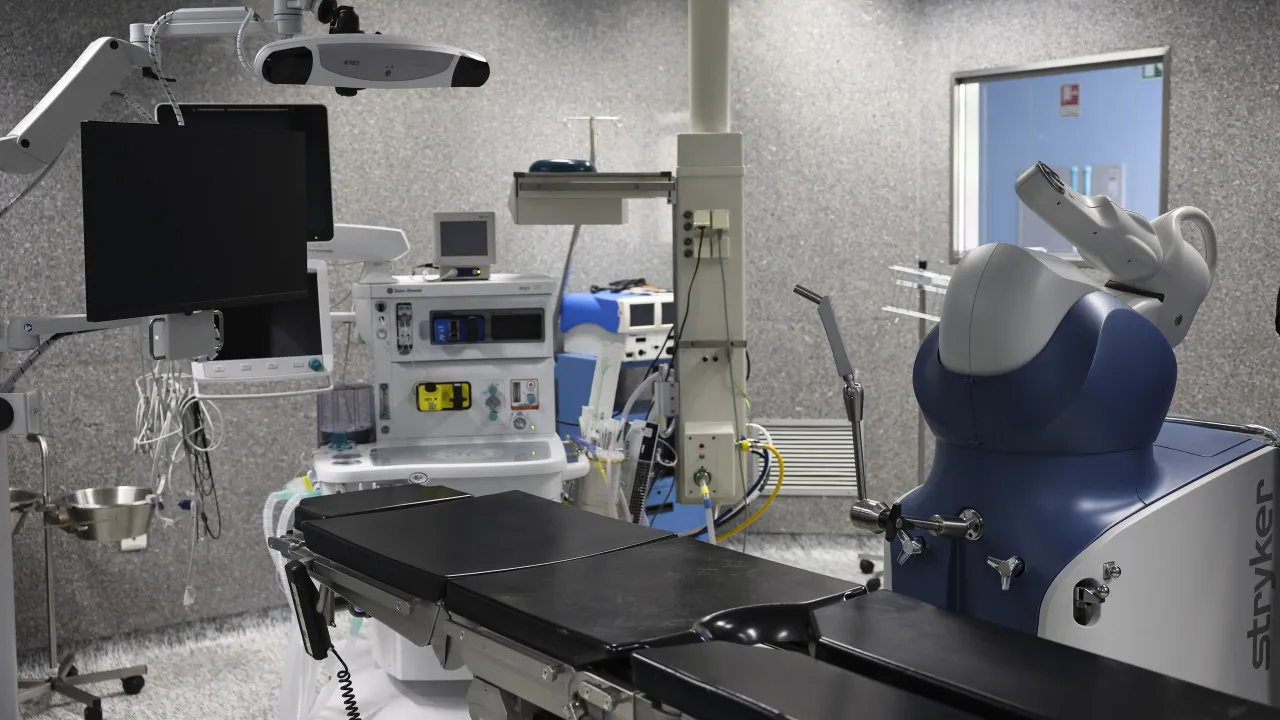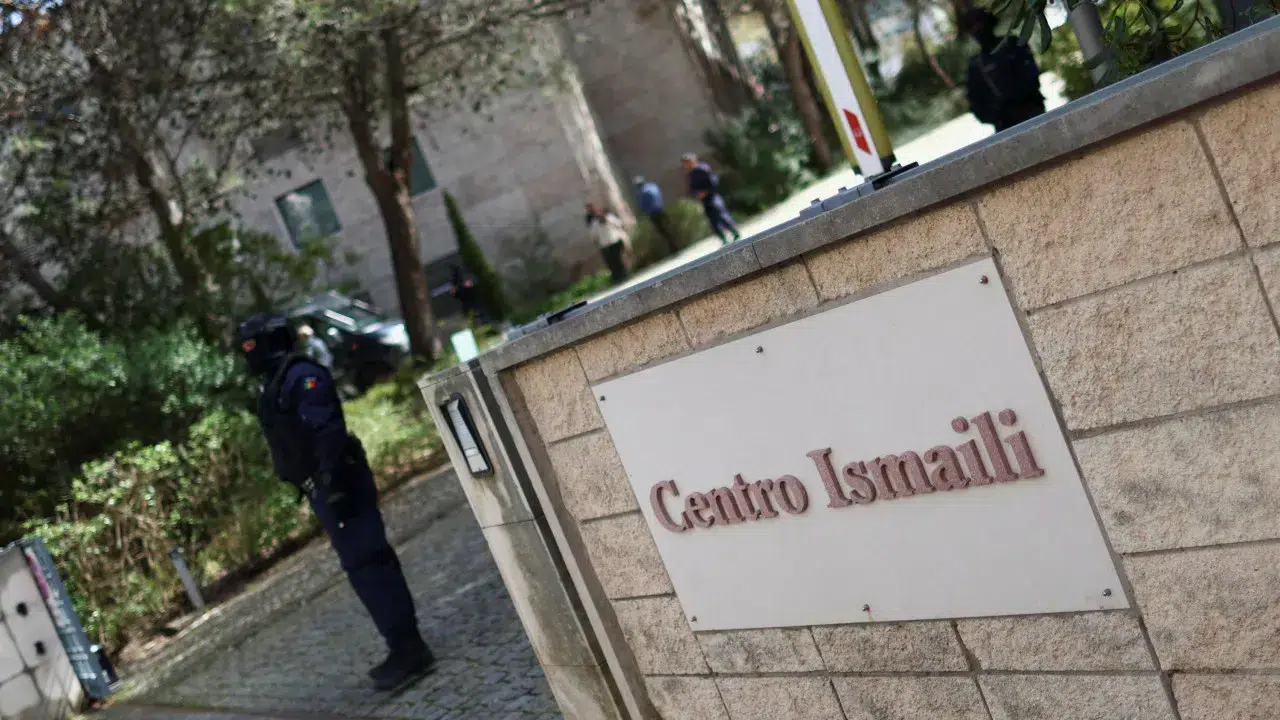
Alessandro Gropelli addressed attendees on the second and final day of the 34th APDC Congress at Culturgest in Lisbon, themed ‘Business & Science Working Together’.
“We are very good at analysis in Europe. Sometimes, we are less good at acting and changing things,” stated the Connect Europe representative, who embodies major network and connectivity service providers in Europe.
“If we look at policies, we are a regulated sector; we were one of the first to be regulated in the 1990s. What should we examine to know if positive change will come from the EU?” he questioned.
Firstly, “will there be scale? Can you imagine 40, 50 small European telecom operators competing globally and sitting at the same table as tech giants like Meta or Netflix?” posed Alessandro Gropelli.
“We need scale, we need larger telecommunications operators,” he argued, noting the need to watch the EU’s review of merger guidelines, where the crucial question is whether Europe will state that operators’ sole function is to keep prices low or also to promote quality and strengthen industrial complexes.
Secondly, “will there be more investment in networks?” a second concern about which attention must be given to the Digital Networks Act.
The EU “will make a significant overhaul of telecom laws to bridge this gap,” he stated.
“It is unacceptable that we have 45 million people disconnected from fiber by 2030,” and regulation “will need to help us achieve this greater investment,” he noted.
Lastly, “but not least important, will there be more innovation?” he asked, highlighting the need for scrutiny of regulations on cloud and artificial intelligence (AI).
“It’s coming, the ambition is to reform the rules so Europeans can federate their clouds and play a role in the game” of AI, data, and cloud, “fairly compared to global players,” he added during his presentation at the congress.
“Will we be able, as an industry, as governments and the European Commission, to jointly develop a vision for the future of a sector, telecommunications, which, with its networks and services, will enable future and future growth for the decades of 2030 and 2040?” he queried, pointing to three “ingredients” for this recipe.
The first is deregulation: “In Europe, we need to choose which rules are essential, and we need to keep them because they define us as Europeans who care about society, climate, and people,” he continued.
“But let’s remove all overlapping rules, all the confusion we’ve created over the years,” he advocated.
The second is scale; the sector needs to grow: “As Europeans, we need to regard ourselves as a continent acting on a global level, not just as neighbors acting between one country and another,” he emphasized.
In essence, “a large single market that competes globally in scale.”
Finally, “innovate” because “we have been saying no to innovation for a long time,” he conveyed.
According to the Connect Europe director-general, more space is needed for European innovation, because if Europe does not do it, others will.
“If we want to be independent, capable, if we want to give our people the ability to be empowered by European technology and not just by Chinese and American technology, which is good, and we need to keep collaborating with them, but we need to have the ambition to develop our own technology, give it to our children, and create growth for the future,” concluded the director-general.




